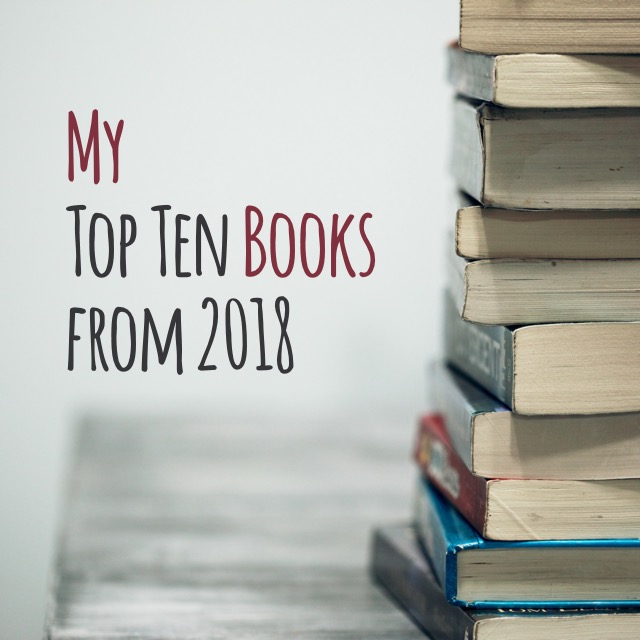
When folks find out that I work as a writer/author, one of the most common questions I get asked is What are you reading? Well, I’d love to share my favorite reads from 2018 with you, just in time for you to put some of these on your Christmas list. (Not all of these books were released in 2018.)
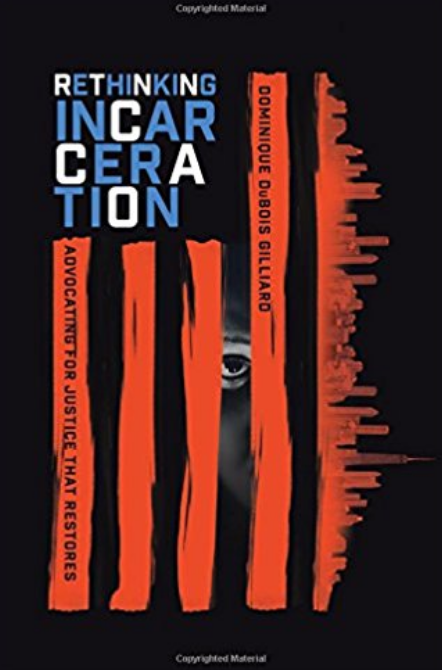
Rethinking Incarceration by Dominique Gilliard. From the publisher: “The United States has five percent of the world’s population but twenty-five percent of the world’s incarcerated. We have more people locked up in jails, prisons, and detention centers than any other country in the history of the world. There are more jails and prisons than degree-granting colleges and universities, and in many places more people live behind bars than on college campuses. Mass incarceration has become a lucrative industry, and the criminal justice system is plagued with bias and unjust practices. And the church has unwittingly contributed to these problems. In Rethinking Incarceration Dominique Gilliard explores the history and foundation of mass incarceration, examining Christianity’s role in its evolution and expansion.” Gilliard’s work is inspirational and compelling.
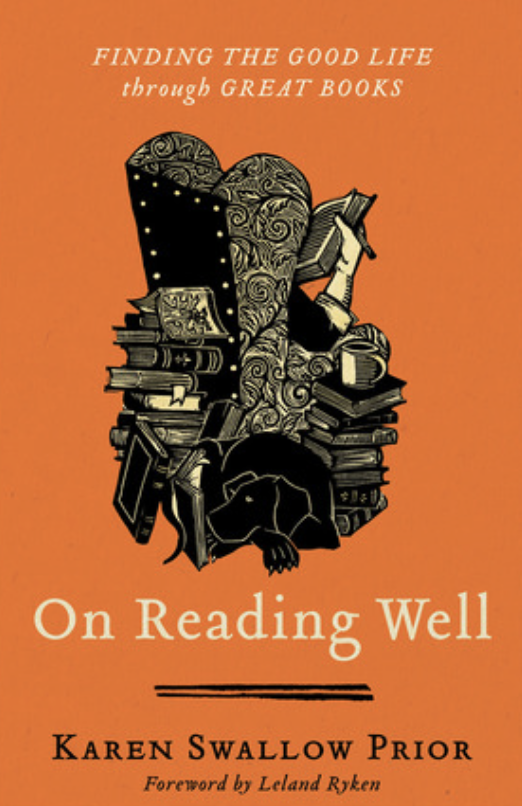
On Reading Well. Karen Swallow Prior is one of the preeminent thinkers and writers of our time. Her wit, wisdom, and insight always make for a good read. In her third book, Prior chooses 12 literature classics (including The Great Gatsby, Pilgrim’s Progress, and A Tale of Two Cities) and mines them for the virtues that they embody. Swallow Prior has an amazing ability to pull deep truths out of a text and then offer them back to her readers as invitations to grow. In chapter five, which explores faith via the novel Silence by Shusaku Endo, she writes, “But the purpose in reading this novel—or any novel—is not to find definite answers about the characters. It is rather to ask definitive questions about ourselves.” Like all of Karen’s work, On Reading Well is a rich gift and needs to be savored.
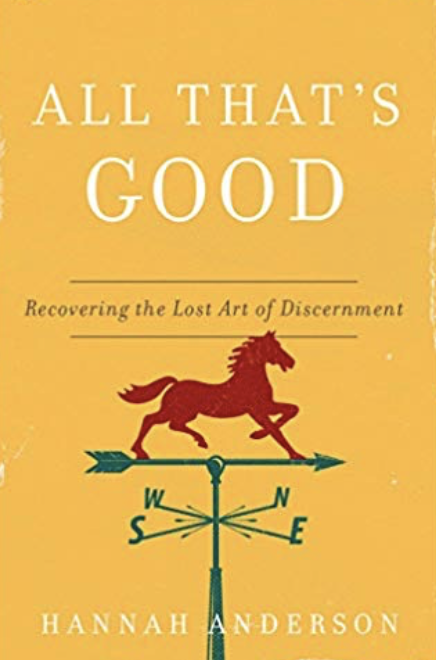
All That’s Good, Hannah Anderson. I don’t think my words could do this book justice. Anderson is not only a beautiful writer but a superb theologian and teacher. I finished the book feeling encouraged and better equipped to “embrace discernment as part of God’s work of redemption.” In this age of ultra-biased news, double speak, and lazy hermeneutics, we all need to be able to discern truth from fiction and Anderson helps us do that with grace and love.
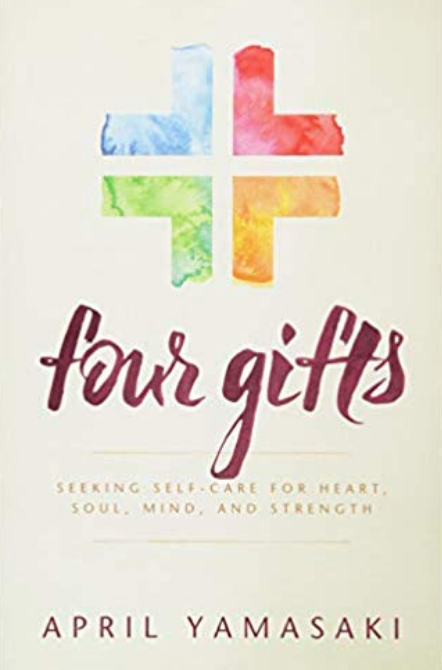
Four Gifts, April Yamasaki. Yamasaki tackles what I believe is one of the biggest issues of today: how our tendency to overwork affects our physical and mental health. April is an experienced pastor who deeply understands the inherent challenges of figuring out how to take care of ourselves while serving others and following Jesus. She presses us as readers to explore the motivation behind our busyness but does so with gentleness and empathy. According to Yamasaki, “We need self-care that can both comfort us when the way is hard and empower us to live with compassion and perseverance.” Four Gifts both encouraged and challenged me. (And I definitely plan to adopt her delightful “I-don’t-do list.”)
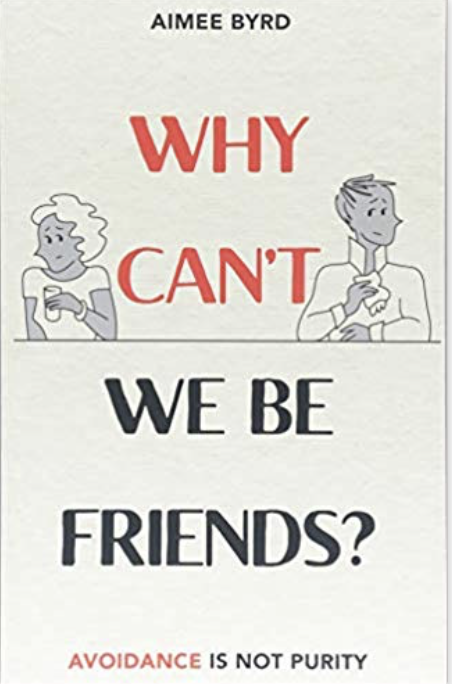
Why Can’t We Be Friends?, by Aimee Byrd. I want to simply write “Byrd is brilliant” and leave it at that but the book merits more tribute. Combine an overly sexualized culture that objectifies women (and increasingly men) with the human tendency to create rules rather than deal with heart issues and you have the makings of a society that does not know how to have healthy male-female relationships. We either devalue and take advantage of each other or keep our distance out of fear that we’ll be overcome by sexual temptation. Byrd unpacks these unhelpful, unhealthy, and unscriptural tendencies and shows us a better way. By exposing faulty interpretations of Scripture and exploring how we might go beyond pharisaical rules to see one another as sacred siblings, Aimee encourages readers to promote each other’s holiness, enjoy true fellowship, and model whole relationships to a watching world.
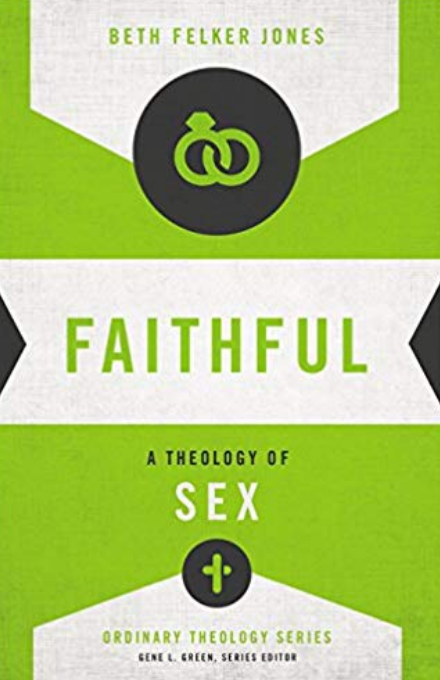
Faithful: A Theology of Sex, by Beth Felker Jones.
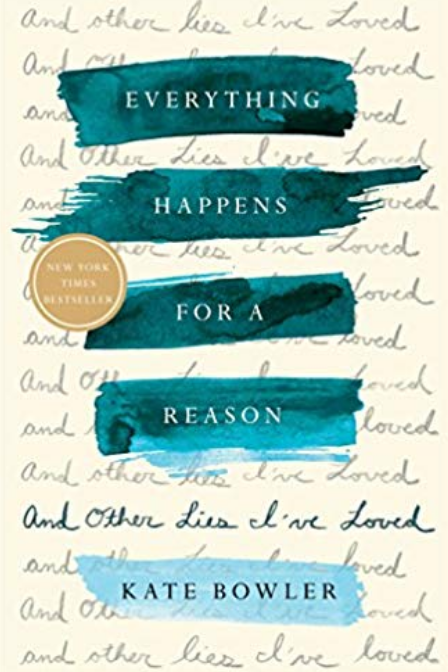
Everything Happens for a Reason: And Other Lies I’ve Loved, by Kate Bowler. As someone who has lived with chronic pain for almost 20 years (fibromyalgia), I cannot tell you how many times I have had well meaning folks insinuate that it’s my fault or that God would heal me if only I had more faith. I so appreciate Kate’s critique of how the prosperity gospel falls well short when it comes to disasters and horrible diagnoses. I also loved her unflinching honesty and beautiful writing.
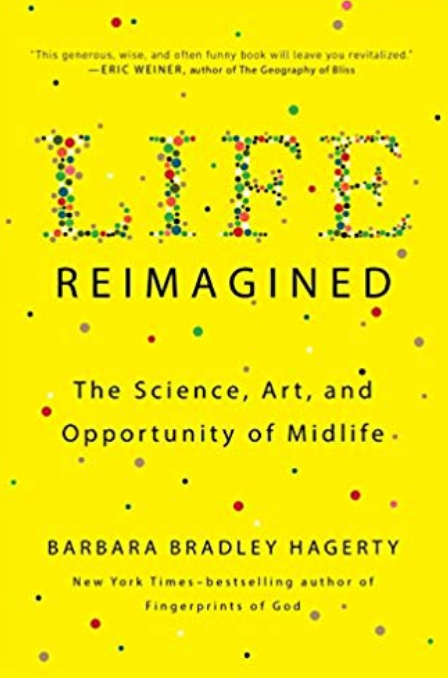
Life Reimagined, by Barbara Bradley Hagerty. From the publisher: “In Life Reimagined, Hagerty explains that midlife is about renewal: It’s the time to renegotiate your purpose, refocus your relationships, and transform the way you think about the world and yourself. Drawing from emerging information in neurology, psychology, biology, genetics, and sociology—as well as her own story of midlife transformation—Hagerty redraws the map for people in midlife and plots a new course forward in understanding our health, our relationships, even our futures.”
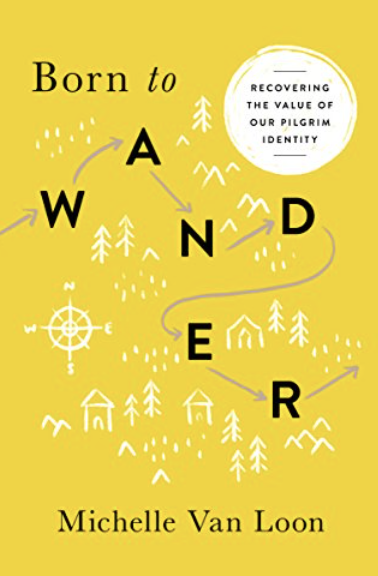
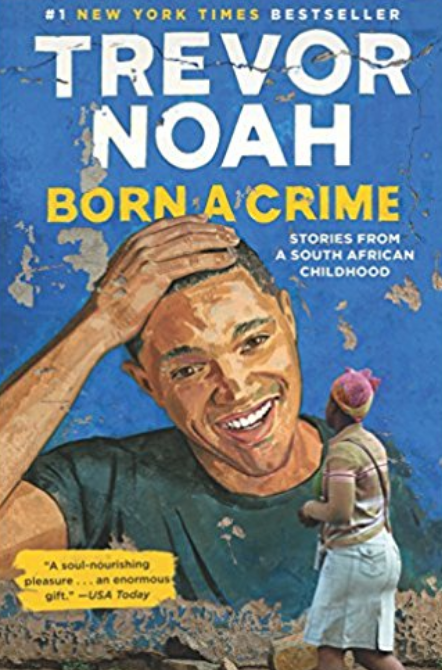
Born a Crime, Trevor Noah. Anyone who doubts the evils of systemic racism needs to pick up a copy of this book. It’s nothing short of miraculous that Noah not only survived while growing up under apartheid in South Africa but now spends his days dissecting current events with such precision that we have to laugh. An incredible story. (PG17 language throughout.)
And my next seven favorites (because who says we have to use multiples of five?):
Raise Your Voice, Kathy Khang (Empowerment! Christian Growth and Race)
A Light So Lovely, by Sarah Arthur (Biography)
The Righteous Mind, Jonathan Haidt. (This is an important book to help us understand the thinking of folks who don’t see things as we do.)
First Ask Why, by Shelly Wildman (Parenting)
I’m Still Here, by Austin Channing Brown (Memoir)
A Place to Land, by Kate Motaung (Memoir)
A Sojourner’s Truth: Choosing Freedom and Courage in a Divided World, by Natasha Sistrunk Robinson (Memoir and biography)
Books I’m looking forward to next year:
The Color of Compromise, Jemar Tisby.
Glorious Weakness: Discovering God in All We Lack, Alia Joy
True You, Michelle DeRusha
The Color of Life, Cara Meredith
The God Who Sees: Immigrants, the Bible, and the Journey to Belong, Karen Gonzalez
Read all of my reviews over at Goodreads. Header Photo by Sharon McCutcheon on Unsplash

I feel like I’ve been living under a rock – I haven’t heard of any of these books!! I will check them out. Thank you! 🙂
But I bet you could list 10 books that I have not heard of! Thanks for stopping by.
This is a wonderful list. I read both Born a Crime and Everything Happens this year too; they are so good. You’ve given me some good recommendations to add to my to-read list as well.
They are all so good!! and I have not read about 10 books that I’d really like to!
Ooh, this is such a great list! I’ve heard so many wonderful things about many of the titles you’ve read. I adored Trevor Noah’s Born a Crime. So captivating! And pretty much every book on your “looking forward to” list is also on mine . . . 🙂 Thank you for including A Place to Land here!
You are welcome. Looking forward to your #2!